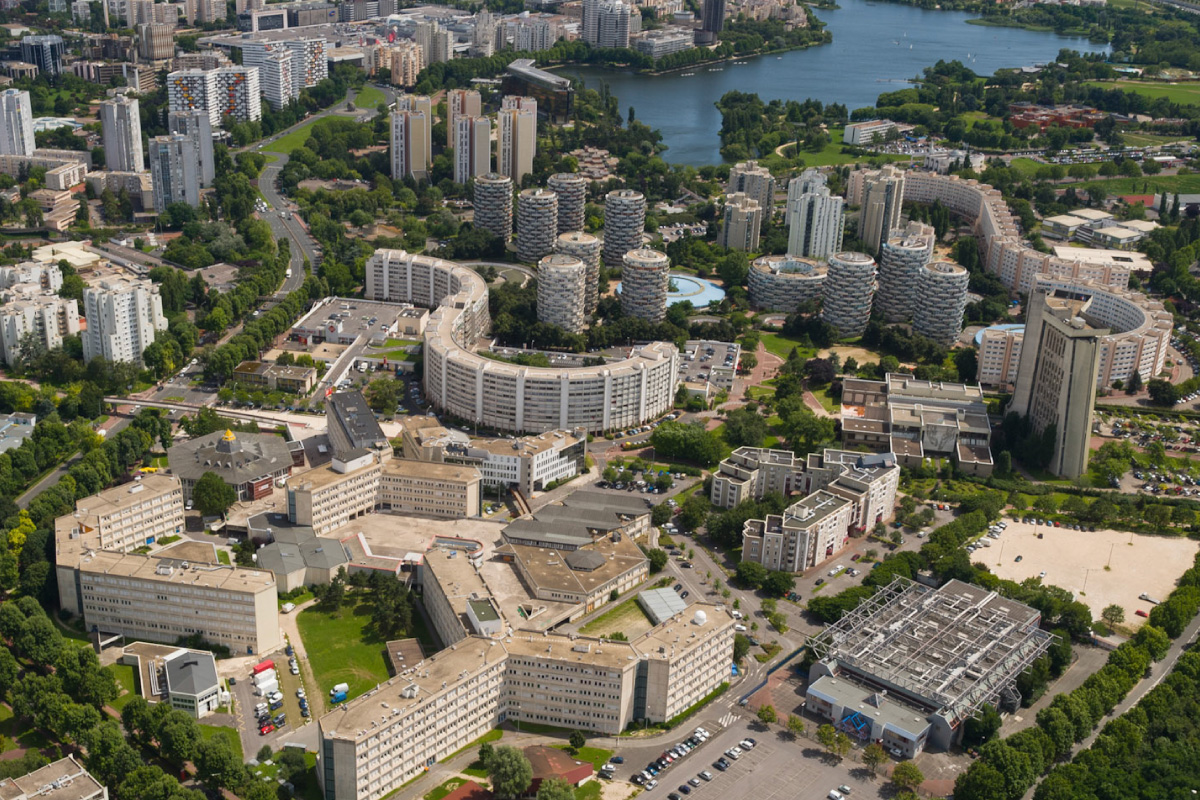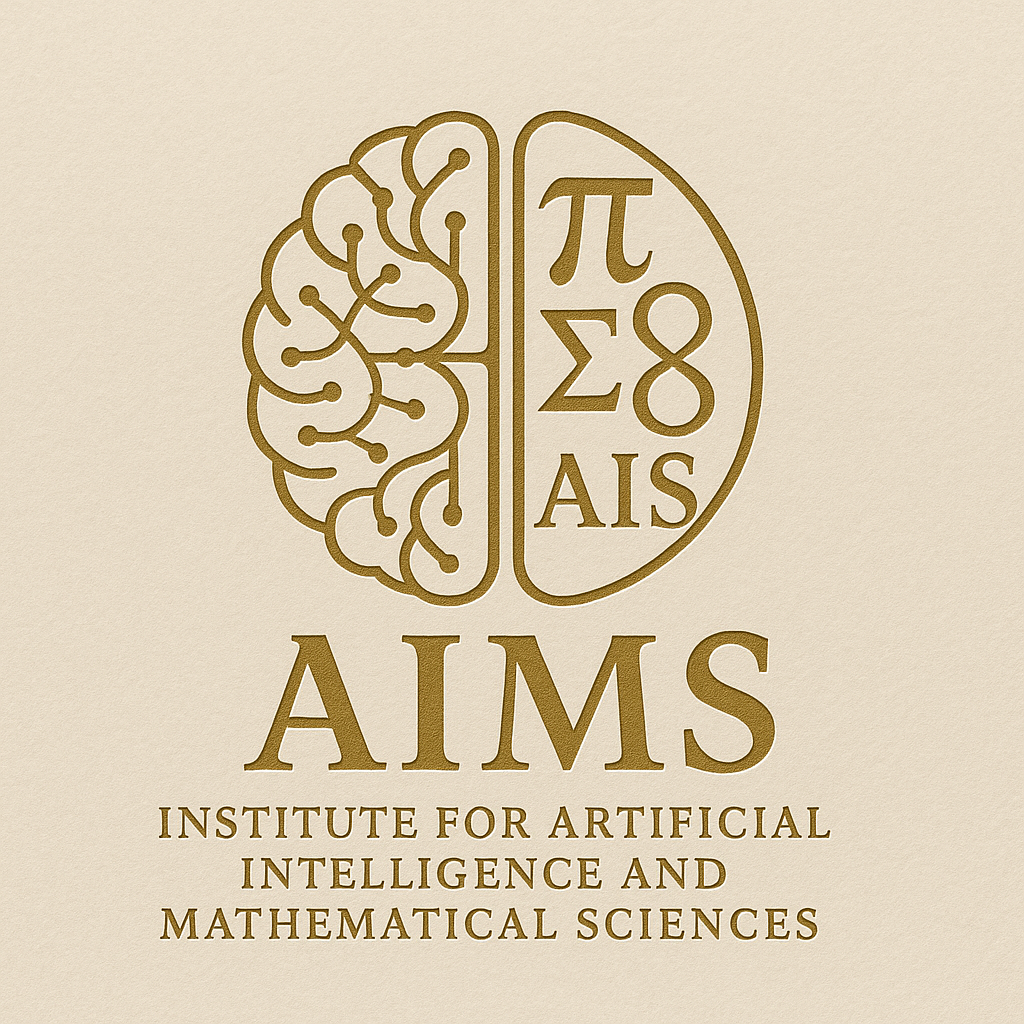
Artificial Intelligence & Mathematical Sciences
Venue:
Amphithéâtre MSE, Université Paris-Est Créteil (UPEC), Paris, France
Organizers:
Welcome to AIMS 2026
We are excited to announce the Artificial Intelligence & Mathematical Sciences (AIMS) 2026 Conference, taking place in Paris, France, from July 6–8, 2026. Hosted at the Amphithéâtre MSE, UPEC, this event will bring together researchers, academics, and industry professionals to explore the dynamic interplay between artificial intelligence (AI) and the mathematical sciences.
Conference Overview
The AIMS 2026 Conference continues the tradition of AIMS meetings as a premier platform for interdisciplinary collaboration at the intersection of AI and mathematics. As AI reshapes data science, cryptography, optimization, and theoretical computer science, its reliance on deep mathematical structures—such as algebraic geometry, number theory, and computational methods—remains crucial.
The conference will showcase cutting-edge research, foster new collaborations, and address fundamental challenges through a mathematical lens.
Topics
The conference will explore cutting-edge topics at the nexus of AI and mathematical sciences, including:
Neurosymbolic Learning and Algebraic Structures: Applying neurosymbolic networks to Galois groups and moduli spaces for polynomial solvability and AI-driven geometric analysis.
Graded Neural Networks and Transformers: Developing graded neural architectures for enhanced AI models, leveraging algebraic structures in machine learning.
Weighted Projective Varieties and Geometric AI: Using weighted hypersurfaces, Finsler metric clustering, and Gröbner bases for computational geometry and data representation in AI.
Rational Points and Zeta Functions in AI Security: Exploring rational points and zeta functions on algebraic varieties for AI-enhanced cryptographic protocols and secure systems.
Data Fabrics and Optimization for AI: Designing mathematical frameworks for data fabrics and optimization algorithms to support AI-driven data integration and processing.
Special Sessions
We are encouraging proposals for special sessions. Special session proposals must follow the guidelines described in "How to Organize a Special Session." You can contact the organizers directly if you have any questions. The deadline for special session proposals is September 15, 2025. Some approved special sessions are:
Computational Algebraic Geometry
AI on Graded Vector Spaces
Arithmetic of Weighted Varieties
Quantum Computation
Rational functions of the projective line and arithmetic dynamics
AI and Galois Theory
AI and reduction methods
Quantum Coding Theory
Quantum Machine Learning
Quantum Startups and Quantum Enabling Technologies
Program Highlights
Keynote Lectures: Talks from leading experts in AI and mathematics.
Research Sessions: Peer-reviewed paper presentations.
Workshops: Hands-on sessions on computational tools and AI applications.
Panels: Discussions on the future of AI and mathematics.
Networking Events: Build collaborations within the international AI–Math community.
Proceedings:
Special Issues of the following journals:
TBA
Why Attend?
Interdisciplinary Scope: Engage with AI and mathematics in an integrated setting.
International Community: Connect with researchers from around the world.
Publication Opportunities: Submit to special issues dedicated to the conference.
Inspiring Venue: Experience Paris while participating in high-level scientific discussions.
Join Us in Paris!
Mark your calendars for July 6–8, 2026 and join us at UPEC, Paris, for this landmark event. Be part of a transformative dialogue shaping the future of artificial intelligence and mathematical sciences.
